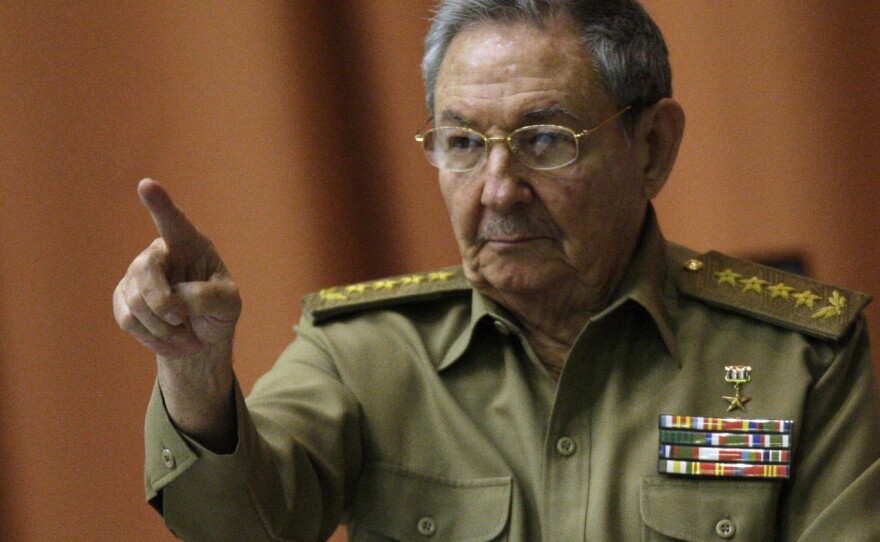In this episodio we’re going to go back in Cuban history.
Last year, Cuba announced that next month, en Marzo del 2018, they will have elections to choose new members of the National Assembly. See this is historico because after that the new parliament will choose the country’s next president. Raul Castro or the Castro’s for that matter will no longer be in power after six decades of dictatorship.
En los cicuenta, Fidel Castro headed an attack against the barracks Moncada of Santiago de Cuba, east of La Havana. Castro was arrested and convicted to 15 years of prison but two years later he, along with other rebels, was amnestied. After that, Castro leads guerrilla fights, the cause of the United States removing their military support to the government.
In 1959, Fidel then became First Minister, helping implement politics of nationalization and approaching the Soviet Union. The US imposes the economic embargo to the island that same year and breaks all diplomatic relationships with Cuba.
Ese mismo año, a strong migratory current of doctors and teachers begun toward the US and Fidel Castro declares the socialist character of the Cuban Revoltion. In 1991 the country falls in a strong economic crisis.
Today, relations with Cuba have backpedaled after the last administration begun dialogue and trade with the island. Hoy día, el presidente no esta de acuerdo con que nos acerquemos a la isla.
So, what do Cubans in the Midwest think about all this? Will they go back to an island they haven’t seen in decades or some – never? Do Cuban Americans miss the island they remember, communist Cuba?
We went to Ohio to talk to Juan Guardia, a Cuban American who saw his break to visit the island of his parents shut down when relations with the US became cold again.
So, as time has passed by y han habido tantos cambios, no tan solo en poliza sino tambien en culturas and costumes, Cuban Americans and the ones who fled the island during the start of the regime are more comfortable staying in the country that they now call casa.
The policies between the US and Cuba are still rocky but like Juan, some are still hopeful to experience the authentic Cuban cultura.












